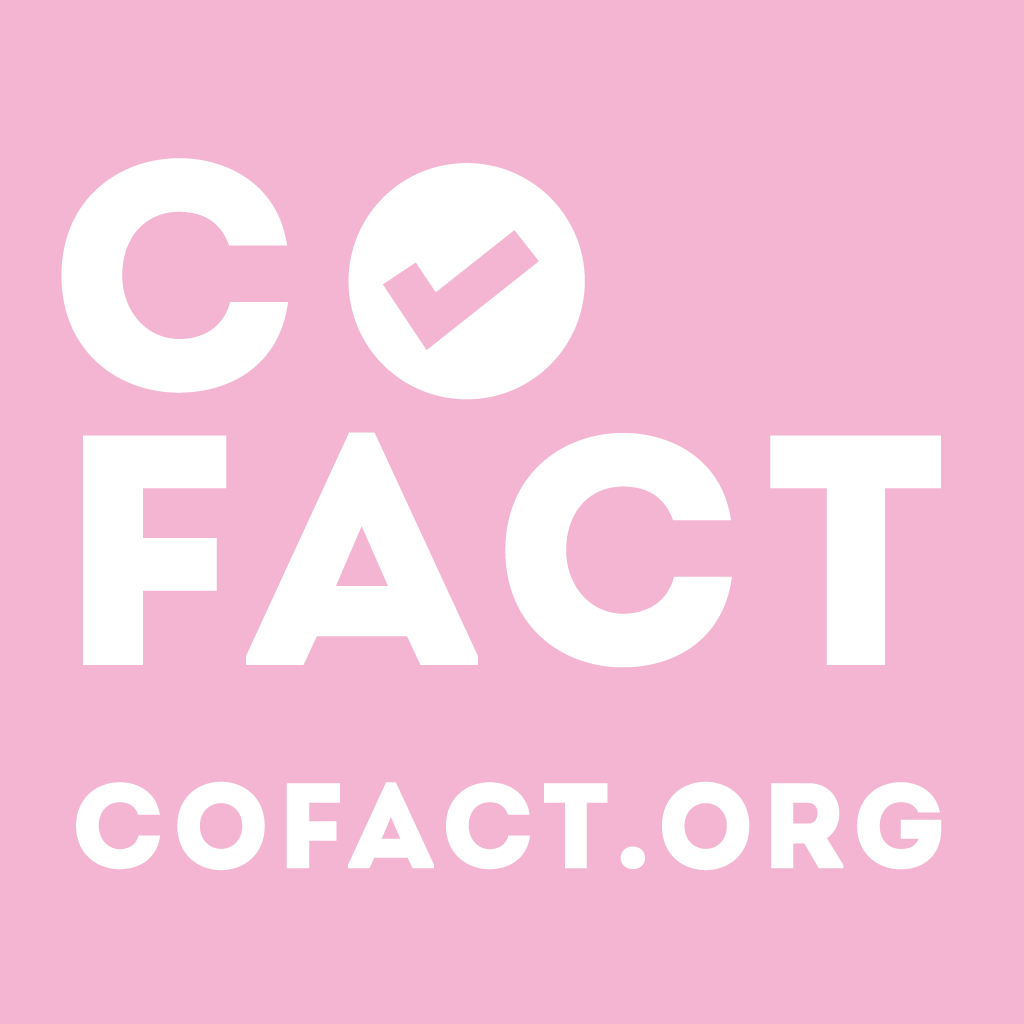CoFact Vocabulary
There are currently 2 vocabulary in this directory beginning with the letter U.
U
urban legend / urban myth
ตำนานท้องถิ่น ตำนานเมือง เป็นนิทานเตือนใจหรือเรื่ องศีลธรรมที่ถูกบอกเล่าโดยผู้ที่เชื่อ (หรืออ้าง) เหตุการณ์ที่เกิดขึ้นกับคนที่พวกเขารู้จักเป็นการส่วนตัว หรือคนรู้จักของเพื่อนหรือสมาชิกในครอบครัว แม้ว่านิทานดังกล่าวส่วนใหญ่จะมาจากความบริสุทธิ์ใจ แต่มักไม่มีที่มาจากเหตุการณ์จริง ทำให้เรื่องจริงประเภทนี้หลุดออกจากโลกของข่าวสารและเข้าสู่รูปแบบของตำนานร่วมสมัย และเรื่องราวถูกเปลี่ยนแปลงไป เมื่อเรื่องราวถูกบอกเล่าไปนับไม่ถ้วน
"urban legends are best described as cautionary or moralistic tales passed along by those who believe (or claim) the incidents befell either folks they know personally or acquaintances of friends or family members. ... Though the vast majority of such tales are pure invention, a tiny handful do turn out to be based on real incidents. What moves true tales of this type out of the world of news and into the genre of contemporary lore [are the] ... alterations which take place as the stories are passed through countless hands."
• Wikipedia further explains that, "despite its name, an urban legend does not necessarily originate in an urban area. Rather, the term is used to differentiate modern legend from traditional folklore of pre-industrial times."
• See these examples of popular urban legends.
• See also hoax
• One urban legend that circulated widely on the internet is the "$250 Neiman Marcus Chocolate Chip Cookie Recipe." The story is false, but the recipe is real, and the cookies are yummy!
"urban legends are best described as cautionary or moralistic tales passed along by those who believe (or claim) the incidents befell either folks they know personally or acquaintances of friends or family members. ... Though the vast majority of such tales are pure invention, a tiny handful do turn out to be based on real incidents. What moves true tales of this type out of the world of news and into the genre of contemporary lore [are the] ... alterations which take place as the stories are passed through countless hands."
• Wikipedia further explains that, "despite its name, an urban legend does not necessarily originate in an urban area. Rather, the term is used to differentiate modern legend from traditional folklore of pre-industrial times."
• See these examples of popular urban legends.
• See also hoax
• One urban legend that circulated widely on the internet is the "$250 Neiman Marcus Chocolate Chip Cookie Recipe." The story is false, but the recipe is real, and the cookies are yummy!
user-generated content
การผลิตเนื้อหาโดยบุคคลทั่วไปมากกว่าการจ้างผู้เชี่ยวชาญหรือมื ออาชีพที่ต้องจ่ายค่าตอบแทน ดังในหนังสือ [2007] 'The Cult of the Amateur' ของ Andrew Keen เมื่อผู้ใช้งานสามารถรายงานข่าวโดยไม่เปิดเผยตัวตนและไม่ต้องรับผิดชอบต่อสิ่งที่พวกเขาพูด การแยกแยะข้อมูลก็จะทำได้ยากขึ้น นักข่าวและบรรณาธิการมืออาชีพ แม้กระทั่งคนที่มีชื่อเสียงมากก็สามารถถูกวิพากษ์วิจารณ์ และถึงกับถูกไล่ออกจากการรายงานที่ผิดพลาด โดยบุคคลทั่วไปที่เป็นผู้ผลิตเนื้อหานี้ สามารถเขียนอะไรก็ได้ โดยไม่มีส่วนต้องรับผิดชอบ ใคร ๆ ก็สามารถโพสต์ข้อมูลต่างๆทางออนไลน์ ซึ่งนำไปสู่ข้อมูลที่มีมากเกินไปอย่างที่ไม่เคยมีมาก่อน
"The production of content by the general public rather than by paid professionals and experts in the field. ... As brought out in Andrew Keen's [2007 book] 'The Cult of the Amateur,' when everyday users are allowed to report the news anonymously and are not held accountable for anything they say, it becomes increasingly difficult to tell fact from fiction. Professional journalists and editors, even those with immense fame, can be criticized and even fired for false reporting. However, the contributing user who can write anything is never held responsible. In addition, anyone can post something online, leading to an unprecedented information overload in today's world" (PC Magazine).
"The production of content by the general public rather than by paid professionals and experts in the field. ... As brought out in Andrew Keen's [2007 book] 'The Cult of the Amateur,' when everyday users are allowed to report the news anonymously and are not held accountable for anything they say, it becomes increasingly difficult to tell fact from fiction. Professional journalists and editors, even those with immense fame, can be criticized and even fired for false reporting. However, the contributing user who can write anything is never held responsible. In addition, anyone can post something online, leading to an unprecedented information overload in today's world" (PC Magazine).
